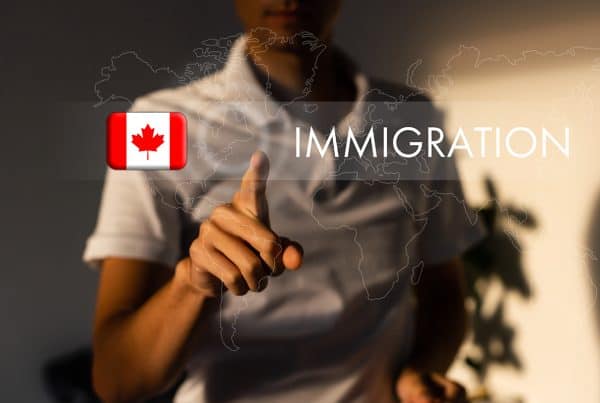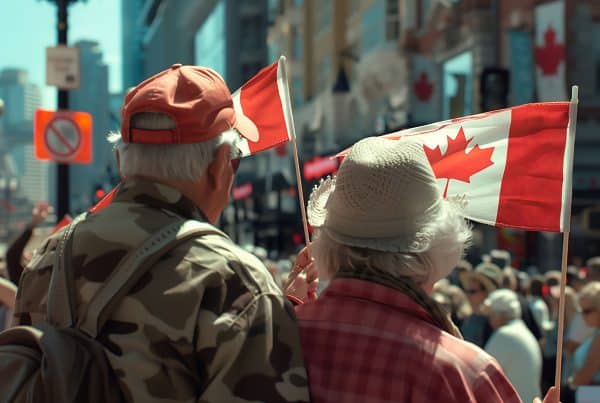International humanitarian law, also known as the law of armed conflict, is a set of wartime rules that protect those who have not or are no longer participating in hostilities. International humanitarian law also limits the means and methods of warfare. Its primary purpose is to restrict and prevent human suffering during armed conflict. International humanitarian law regulates the treatment of wounded and prohibits attacks on civilians and using certain weapons. It also ensures the protection of non-combatants. Red Cross/Red Crescent and medical staff; and prisoners of war. International humanitarian law applies only in times of armed conflict. Internal tensions and turmoil, such as isolated acts of violence, are not recorded. Laws apply only once a conflict has begun and thereafter apply equally to all sides, regardless of who started the fight.
International humanitarian law distinguishes between international armed conflicts and non-international armed conflicts.
- International Armed Conflict:
At least two countries are usually involved in an international armed conflict. These are subject to various regulations, including her four Conventions in Geneva and Additional Protocol I.
- Non-international armed conflict:
Non-international armed conflicts usually occur within the territory of a country, between national armed forces and organized armed groups, or between organized armed groups fighting each other. The more restrictive regime governs these non-international armed conflicts set out in Common Article 3 of the four Geneva Conventions and Additional Protocol II (where applicable).










